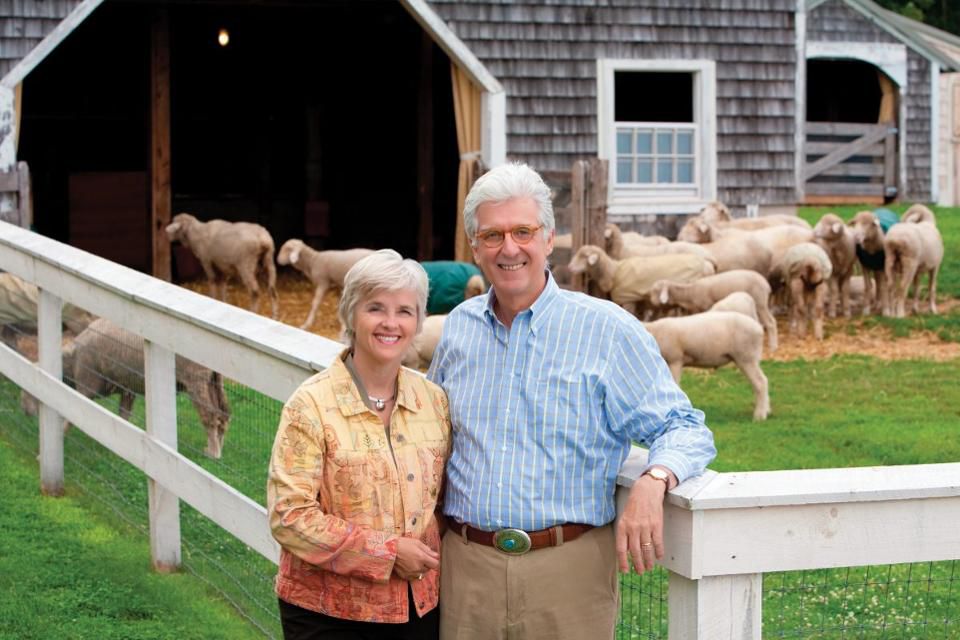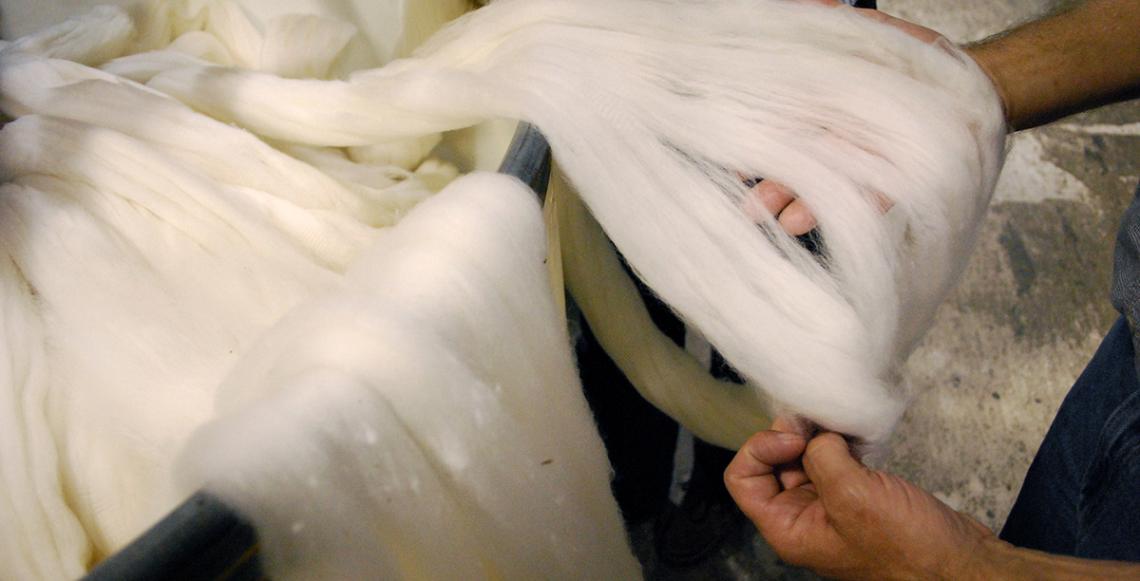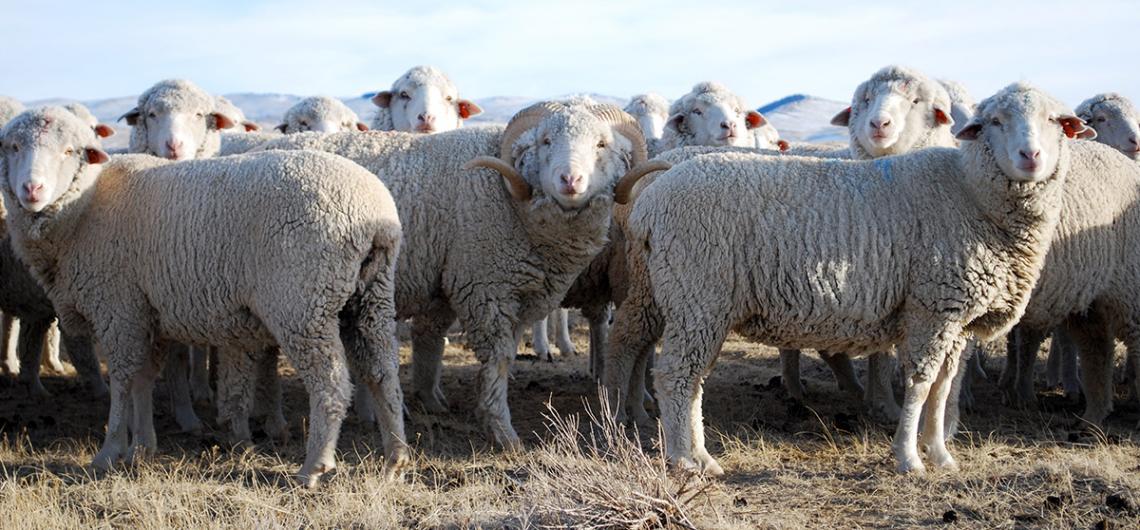In 1968, Tom and Kate Chappell left Philadelphia, where Tom worked for an insurance company, and moved to rural Kennebunk, Maine. As part of their goal to simplify their lives, they sought out natural, unprocessed foods and, unadulterated products.
Unable to find natural personal care options for themselves and their children, in 1970 Tom and Kate decided to create and sell their own. They began with a $5,000 loan from a friend and the philosophy that their products would not harm the environment.

From this small start, Tom’s of Maine grew and developed into a different kind of company, one based on the belief that people and nature deserve respect. Over the years their product line moved from non-phosphate laundry detergent to natural personal care products such as the first natural toothpaste (1975) and deodorant (1976).
They’ve grown in size and in 2006, they became part of the Colgate-Palmolive Company. But their simple, direct approach hasn’t changed one bit: they listen to what their customers want (and don’t want) in their products, they learn how it can be done, and they respond with effective natural, sustainable and responsible solutions.
Rambler’s Way
In May of 2008, Chappell and his son went for a two-week trek across the rolling pastures and steep hills of Wales. Tom had just sold Tom’s of Maine, the eponymous company he and his family had built over 40 years, and he was feeling happy and grateful.

Tom tried a variety of performance gear throughout the hike, but struggled to find a layering shirt that kept him warm and dry – and fresh enough to go directly from the trail to the inn. (He also found himself admiring the sheep he saw along the hike; they seemed so comfortable no matter the weather.)
When he got back to Maine, Tom set off on a journey to create the perfect next-to-skin performance shirt. It needed to come from a cloth that soaked up sweat, didn’t rub uncomfortably against the skin, kept you warm even when wet, and allowed body odor to escape.

He researched various fibers: cotton absorbs moisture but feels heavy; silk too is absorbent and feels chilly when wet; propylene and Capilene don’t smell great after the first wear. Wool, however, wicks away moisture, kills the germs that cause body odor and insulates your body in both hot and cold weather.
Tom tapped into his textile heritage – he grew up in the business in Uxbridge, Massachusetts – and enlisted the help of his son-in-law, Nick. They soon discovered that the superfine fibers of the Rambouillet sheep can be woven into a soft, non-itchy fabric. Soon they were on a journey to find Rambouillet ranchers – as well as spinners, dyers and knitters – who shared their dream of creating a new superfine wool fabric. There was just one twist: Tom wanted the work to be done start to finish in America to reduce environmental impact and support local economies.

Initially their search for partners in creating an all-American supply chain for Rambouillet Merino wool was discouraging. With the same grit that built Tom’s of Maine, however, Tom eventually found the right entrepreneurial partners – ranchers in Montana, Nevada, Wyoming, Colorado and Texas, a scouring plant, a spinning plant and a knitting mill, all in the Carolinas.
Guided by Tom’s drive to innovate with natural processes and ingredients, plus an unfailing spirit, they created a remarkable cloth. Rambler’s Way started with superfine long staple wool fibers and spun them parallel to each other to create a long-lasting worsted yarn, which is clean, smooth and tightly knit yarn free of the usual fiber ends that make typical woolen yarn itchy. It met all the goals of Tom’s original vision – natural, bacteriostatic, soft, ultralight, moisture-wicking and insulating to regulate body temperature. And all materials and manufacturing happened in America.
And Ramblers Way was born.
